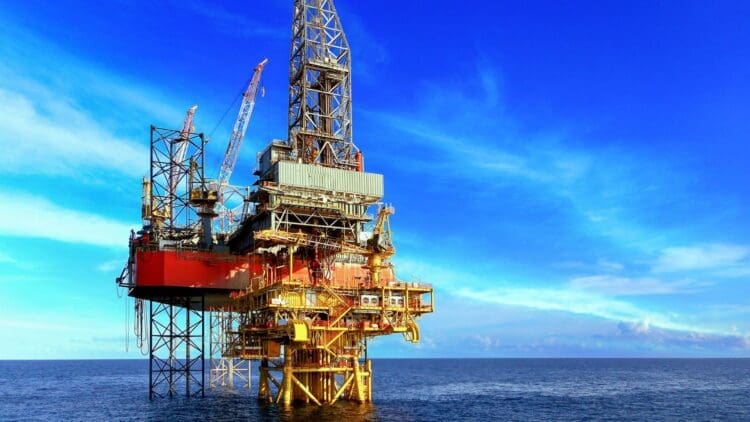As the world enters a new future in the energy sector, diversifying crude imports is essential to ensuring sufficient supply to meet demand. Latin America has seen the vast amount of its crude being diverted to Asia as of late; however, industry experts have noted that the trend is set to shift and that the United States and the European Union will see more Mexican crude coming their way in the near future. The new wave of sanctions against Russia has forced the world to diversify its energy sector, with Mexico playing a key role.
European and American refiners are seeing increased levels of Mexican crude
The litany of refiners in the United States and Europe has noted that they are experiencing increased levels of crude being imported to their facilities, marking a shift in the energy sector globally. Mexico has long been the regional leader in crude exports to the rest of the world, and seeing as how most of it has been diverted to Asia in recent months, the EU and America have welcomed the increased imports by Mexico.
Repsol, a major oil and gas operator in Spain, has reported that it has seen significantly more crude coming from Mexico, with most of it being the Maya grade of heavy crude. In a recent earnings call, the company’s CEO noted that refining margins in the third quarter expanded by less than expected.
“The main factor was the reduction of exports of Maya crude oil from Mexico in this summer. This quarter we have seen more Maya in the market. We could see a more favourable environment in the fourth quarter than the third quarter… Maya crude oil could be the driver of change.” – Repsol CEO Josu Jon
Despite the less-than-ideal exports, Mexico has the potential to become a global leader in the exporting of crude. With the energy sector reeling from the lastest round of sanctions on Russia, the world needs to diversify its energy portfolio, be it the imports of crude or any other major energy resource.
The United States is attempting to foster a new cooperative dialogue with Mexico
The US and Mexico have had a strained relationship over the years, with both sides blaming the other for a less-than-friendly narrative. However, the energy sector is not privy to such immature geopolitical problems, and several US refineries are offering substantial discounts for Mexican crude.
For example, US-based refiner Valero noted that in October, discounts of Maya to Brent had increased to 14%, marking a shift in the energy market as it aims to prepare for a life without Russian energy in all its various forms due to the latest sanctions by both the EU and the US.
“We are starting to see incremental supply of heavy barrels enter the market, which should provide benefits as those barrels physically appear within our system.” – Matt Lucey, CEO of US independent refiner PBF
The situation in the conventional crude market has been exemplified by the recent news that Russian energy company Lukoil has divested its foreign assets as a result of the US sanctions.
Mexico is ready to step up to compensate for the loss of Russian energy
Mexico will become a leading exporter of crude if the current trend continues, and we suspect it will as the world prepares for a future without Russian energy. As Europe sees tighter fuel margins due to the new sanctions on Russia, Mexico is set to grab the torch and lead the world towards Latin America, which has, up until now, largely been overlooked as a major supplier of crude. The influx of Mexican crude can help the energy sector diversify its supply chain and prepare for life without Russian energy.





